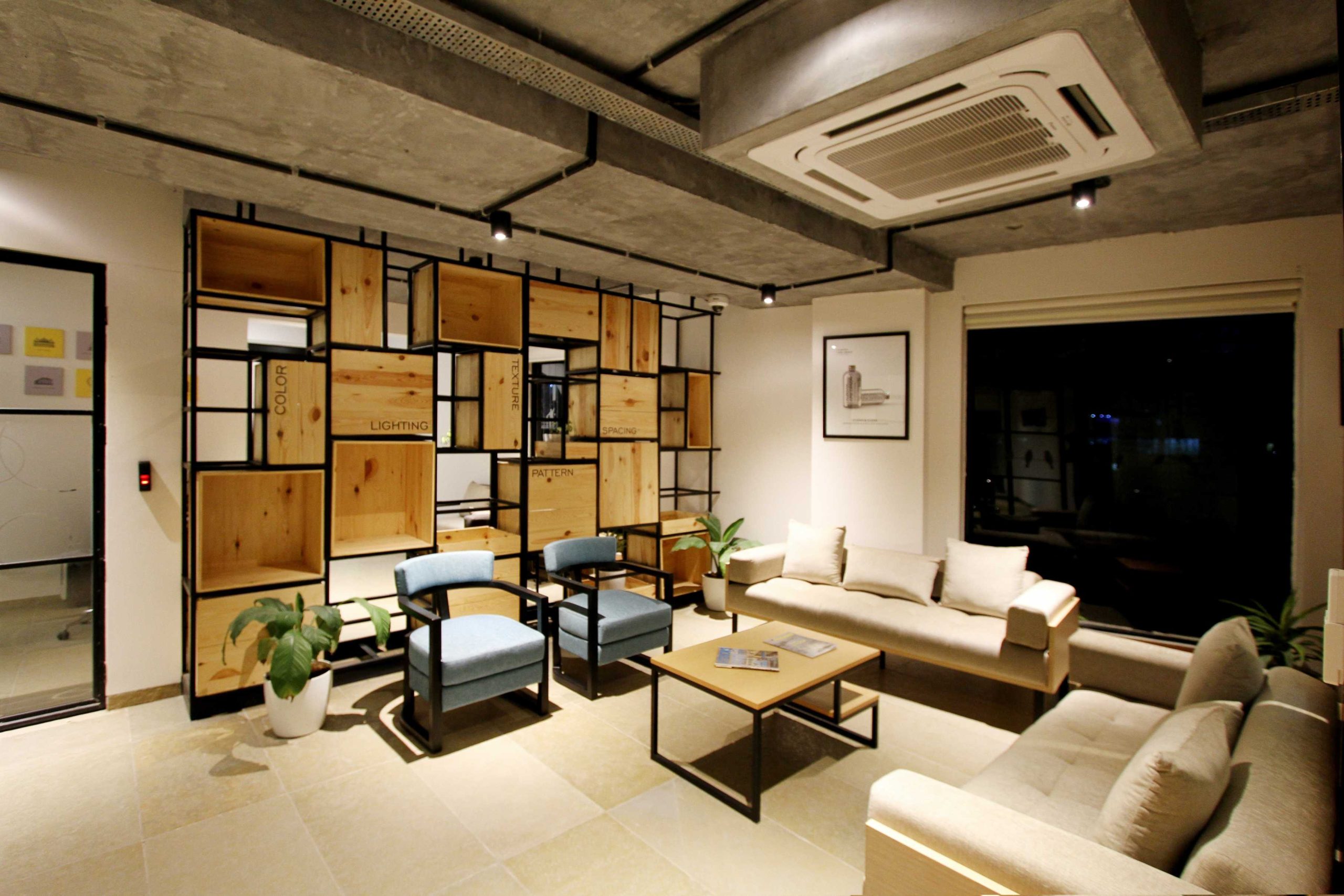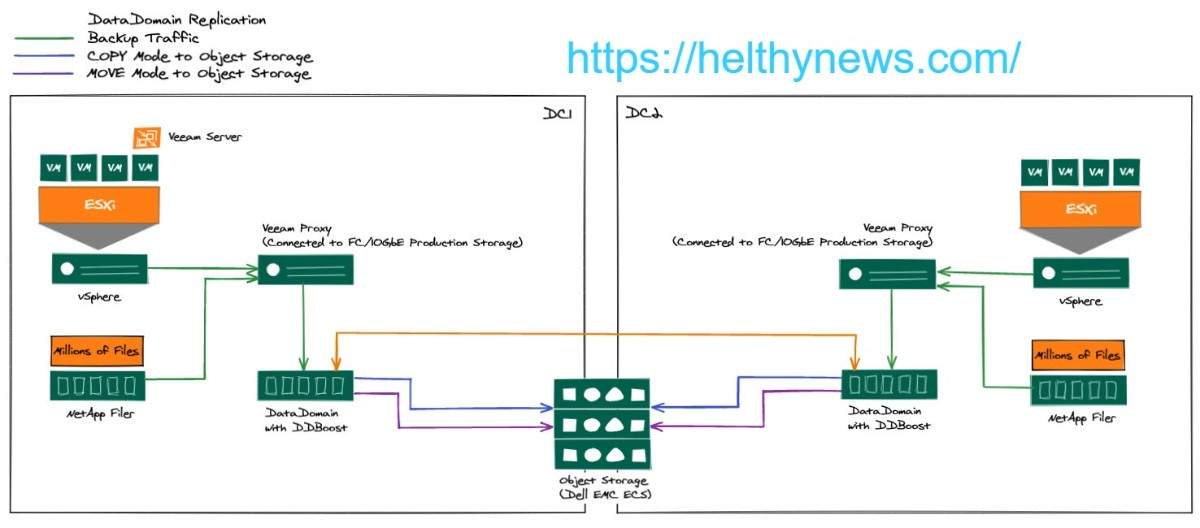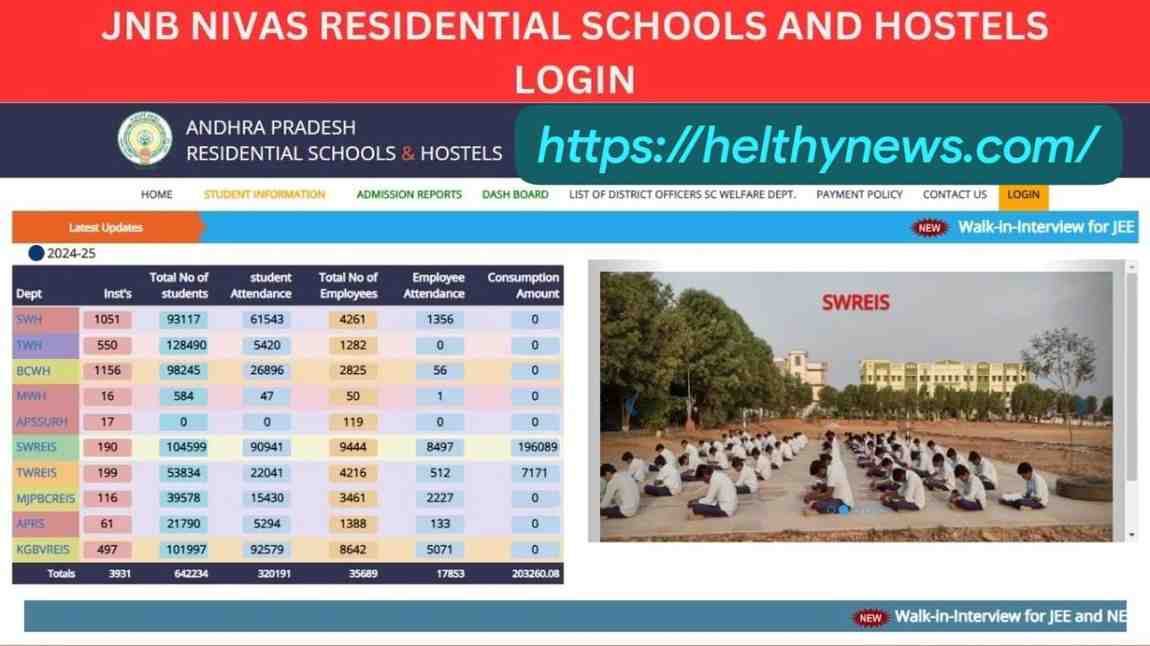
Heating and cooling systems are essential for maintaining a comfortable home throughout the year. From keeping you warm in the winter to cool in the summer, these systems play a crucial role in your day-to-day life. In this guide, we’ll explore the different types of heating and cooling systems available, how they work, and some tips for keeping them running smoothly.
Types of Heating Systems 24sevenac
There are several types of heating systems available, each with its own benefits and drawbacks. Here are some of the most common types of heating systems:
- Furnaces: Furnaces are the most common type of heating system in the US. They work by burning fuel (usually natural gas or oil) to produce heat, which is then distributed throughout the home via ductwork.
- Boilers: Boilers work by heating water, which is then distributed throughout the home via pipes. The hot water can be used to heat the home through radiators or baseboard heaters.
- Heat Pumps: Heat pumps work by extracting heat from the air or ground outside the home and transferring it indoors. They can be used for both heating and cooling, making them a versatile option for homeowners.
Types of Cooling Systems
There are also several types of cooling systems available, each with its own benefits and drawbacks. Here are some of the most common types of cooling systems:
- Central Air Conditioning: Central air conditioning systems work by using a compressor to circulate refrigerant through a series of coils. The cool air is then distributed throughout the home via ductwork.
- Window Units: Window air conditioning units are self-contained units that are installed in a window. They are typically used to cool individual rooms or small spaces.
- Portable Air Conditioners: Portable air conditioners are similar to window units, but they are designed to be moved from room to room. They are a good option for homeowners who do not have central air conditioning.
Tips for Keeping Your Heating and Cooling Systems Running Smoothly
Regular maintenance is key to keeping your heating and cooling systems running smoothly. Here are some tips for maintaining your systems:
- Change air filters regularly: Dirty air filters can reduce the efficiency of your heating and cooling systems, causing them to work harder than they need to.
- Schedule annual maintenance: Hire a professional to inspect and maintain your heating and cooling systems at least once a year to ensure they are working properly.
- Keep outdoor units clean: If you have a central air conditioning system, make sure to keep the outdoor unit clean and free of debris to ensure proper airflow.
- Use a programmable thermostat: A programmable thermostat can help you save energy and money by automatically adjusting the temperature when you’re not home or when you’re sleeping.
How can I tell if my heating and cooling systems are working efficiently?
If you’re concerned about the efficiency of your heating and cooling systems, there are several signs you can look out for. Here are some common indicators that your heating and cooling systems may not be working efficiently:
- Higher energy bills: If you notice a significant increase in your energy bills without any explanation, it could be a sign that your heating and cooling systems are working harder than they should be due to inefficiencies.
- Uneven temperatures: If some areas of your home are significantly warmer or cooler than others, it could be a sign that your heating and cooling systems are not effectively distributing air throughout your home.
- Longer run times: If your heating or cooling system is running for longer periods of time than usual, it could be a sign that it’s not working efficiently.
- Poor air quality: If you notice an increase in dust or other allergens in your home, it could be a sign that your heating and cooling systems are not effectively filtering the air.
- Noises or odors: If you notice unusual noises or odors coming from your heating or cooling system, it could be a sign that there’s a problem that’s affecting its efficiency.
If you notice any of these signs, it’s important to have your heating and cooling systems inspected by a professional. Regular maintenance and inspections can help prevent these issues from occurring in the first place, and can also help ensure that your systems are working at peak efficiency. By taking care of your heating and cooling systems, you can save energy and money while also enjoying a comfortable home.
What are some common maintenance tasks that can help improve the efficiency of my heating and cooling systems?
Regular maintenance is essential for keeping your heating and cooling systems running efficiently. Here are some common maintenance tasks that can help improve the efficiency of your systems:
Change air filters regularly: Dirty air filters can reduce the efficiency of your heating and cooling systems, causing them to work harder than they need to. Replace your air filters every one to three months to keep your systems running smoothly.
Keep outdoor units clean: If you have a central air conditioning system, make sure to keep the outdoor unit clean and free of debris to ensure proper airflow. Remove any leaves, dirt, or other debris that may be obstructing the unit.
Check ductwork for leaks: If your ductwork has leaks, it can reduce the efficiency of your heating and cooling systems by allowing air to escape. Have your ductwork inspected by a professional to ensure it’s properly sealed.
Schedule annual maintenance: Hire a professional to inspect and maintain your heating and cooling systems at least once a year to ensure they are working properly. Regular maintenance can help catch small problems before they become bigger issues.
Use a programmable thermostat: A programmable thermostat can help you save energy and money by automatically adjusting the temperature when you’re not home or when you’re sleeping. Set your thermostat to automatically adjust the temperature to a more energy-efficient setting when you’re away from home or asleep.
Consider upgrading your systems: If your heating and cooling systems are more than 10 years old, they may not be as efficient as newer models. Consider upgrading to a more energy-efficient model to save money on your energy bills and improve the comfort of your home.
By following these maintenance tasks, you can help improve the efficiency of your heating and cooling systems, reduce your energy bills, and ensure that your home stays comfortable throughout the year. Regular maintenance is key to keeping your systems running smoothly and efficiently.
Conclusion
Heating and cooling systems are essential for maintaining a comfortable home. By understanding the different types of systems available and following these tips for maintenance, you can keep your systems running smoothly and ensure that your home stays comfortable throughout the year. When it comes to heating and cooling, a little bit of maintenance can go a long way.





